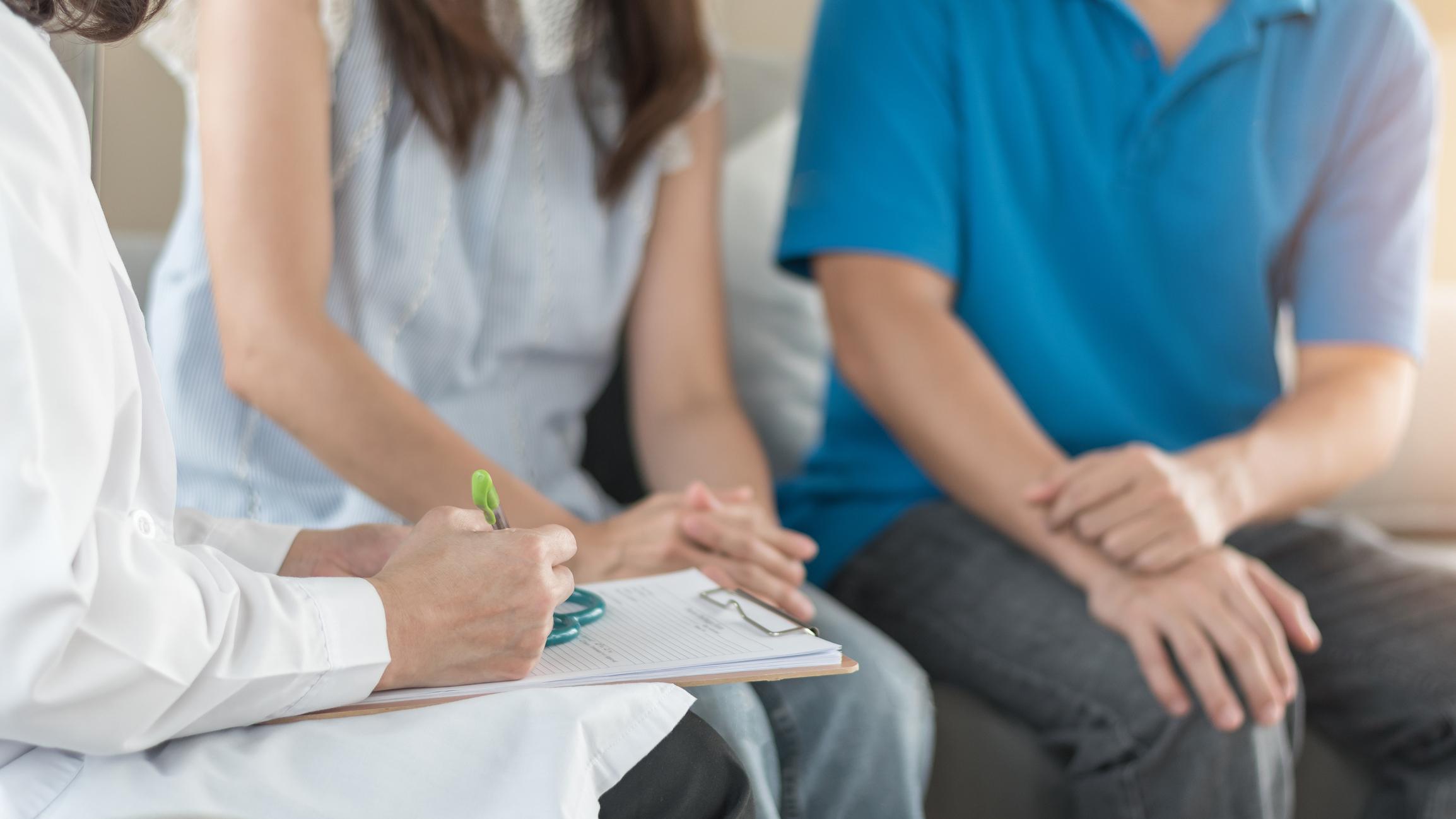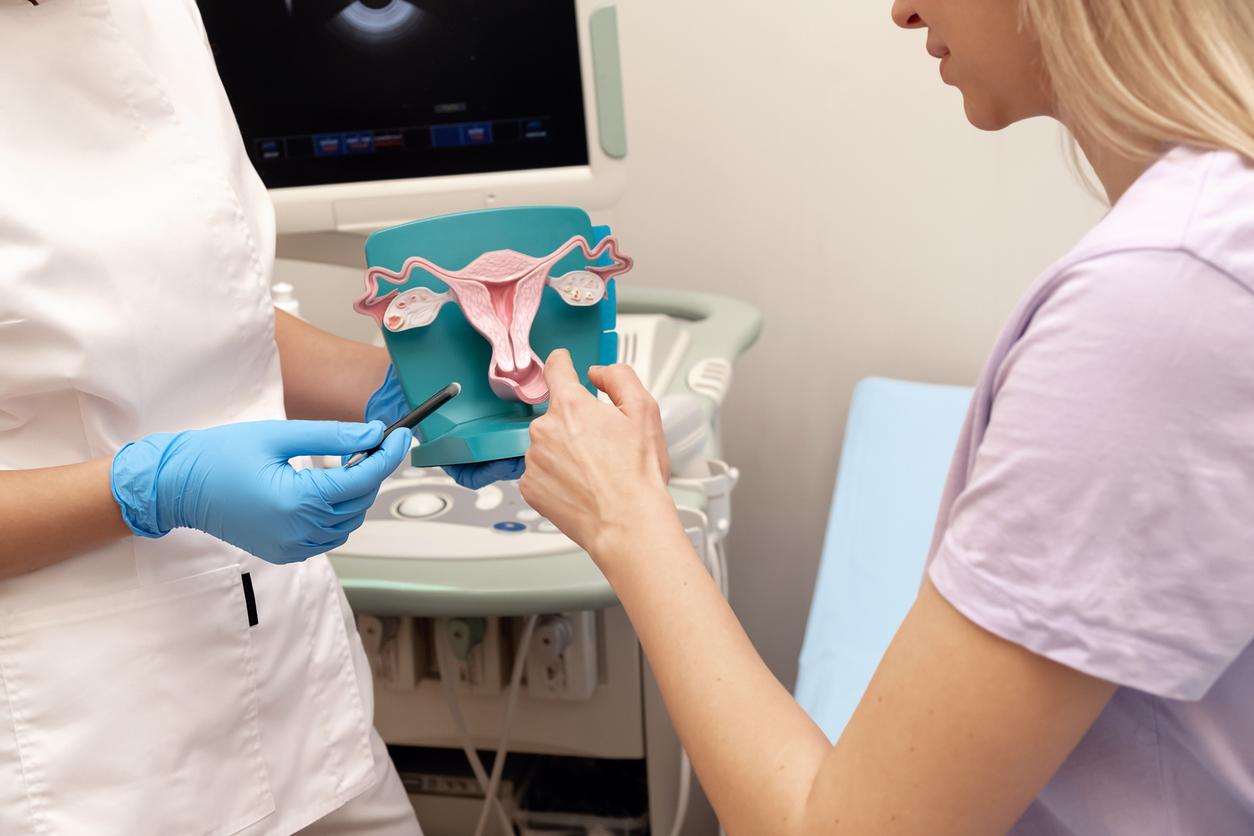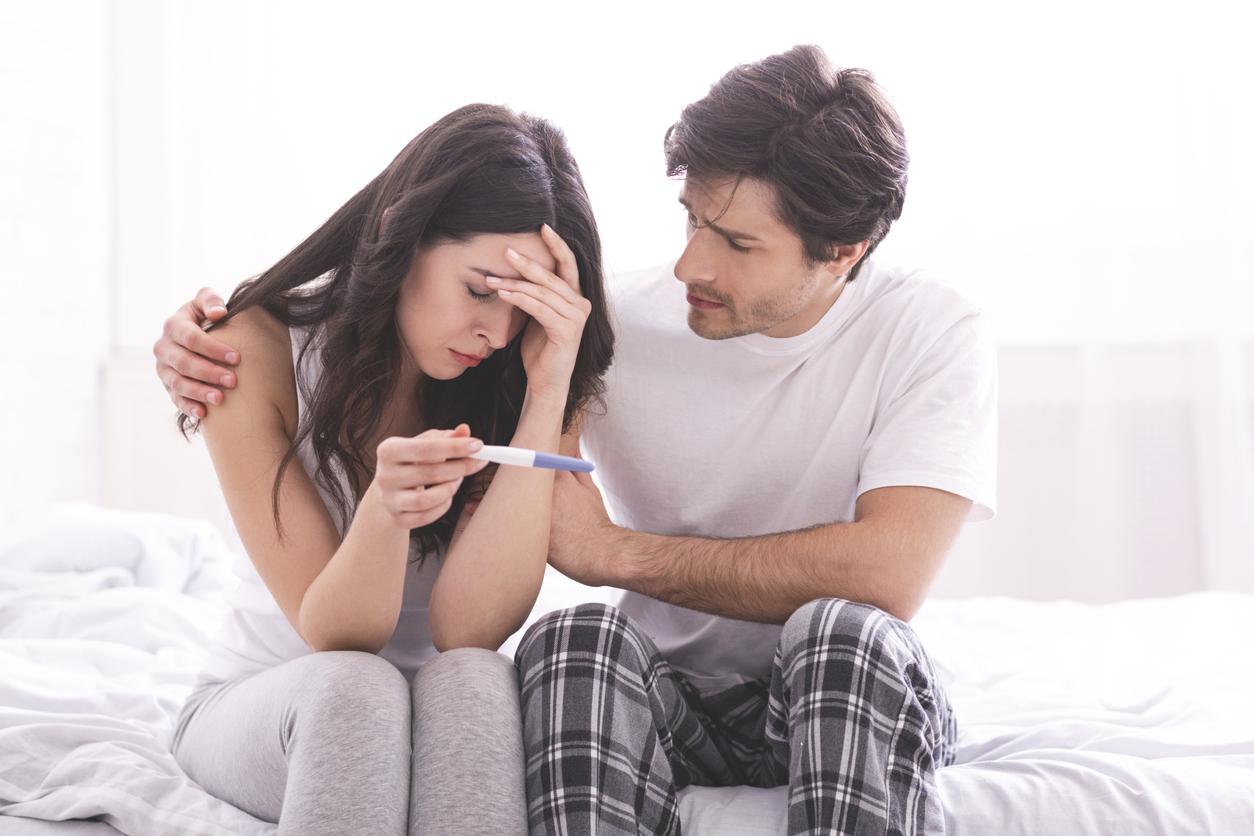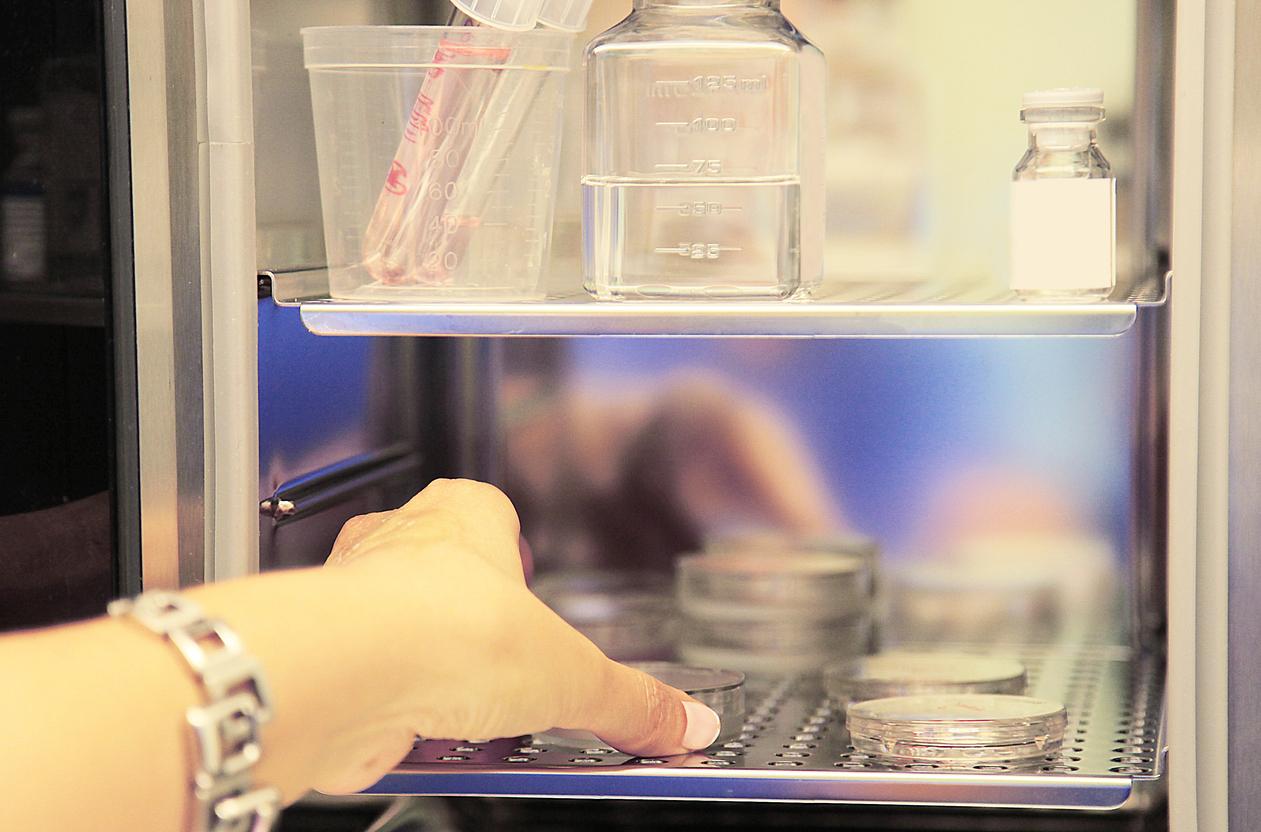Academicians are in favor of changing the law so that French women can keep their eggs if they wish.

The National Academy of Medicine is in favor of the self-preservation of oocytes for personal convenience. A progressive stance made public this Monday, June 13, a few days before the publication of a much-awaited opinion from the National Consultative Ethics Committee (CCNE) on the opening of medical procreation assistance (AMP) to all the women.
But the debates on this controversial subject were heated. It took more than a year and a half of work for academics – doctors, pharmacists or even biologists – before proceeding to the vote. The text was adopted by a relative majority with 54 votes in favor, 12 against and 22 abstentions.
Inequality
It must be said that the members of the Academy do not go hand in hand to criticize the legislation in force in our country. As they recalled in the introduction, only young women suffering from cancer or threatened with premature ovarian failure can have recourse to gamete vitrification.
Women “concerned about preserving their fertility and without an immediate pregnancy plan” then go to Spain, Belgium or the United Kingdom to store their oocytes. An unwarranted departure for the Academy. “If we agree to help by AMP women who have become subfertile for having deliberately lowered the age of their pregnancy […], the self-preservation of oocytes for oneself practiced in the same logic does not derogate from the ethics ”, estimates the institution. She also denounces the inequality with men who can keep their sperm in private clinics on prescription.
The law has opened a breach
A situation all the more “hypocritical” that by modifying the conditions of oocyte donation, the bioethics law of 2011 opened a breach, note the academics. Since January 2016, it has offered the possibility to women who have never procreated to keep part of their donation, if numbers allow. Donors could benefit later in the event of infertility. “A law medically and ethically unacceptable”, judge the academics, adding that it “can be perceived as a blackmail or a lure”.
In fact, “given the high priority given to donations, the chances for these donors to keep oocytes for themselves are almost nil,” they explain. “It takes at least 15 to 20 vitrified oocytes to reasonably hope for a pregnancy later”, they add. To obtain this amount of gametes, donors would have to undergo 3 or 4 cycles of ovarian stimulation, when one could have been sufficient. “An insurmountable challenge whatever the commitment of these young women”, accuses the Academy of Medicine.
In view of these limits, academics consider that the current law is “inapplicable” and must be amended. They recommend that the self-preservation of oocytes be reserved for women of full age and under 35 years of age. The latter should benefit from “exhaustive” information on the methods and their cost as well as the chances of success, risks of failures and complications. Long-term follow-up of mothers and children resulting from these techniques is “highly desirable”, they conclude.
.
















